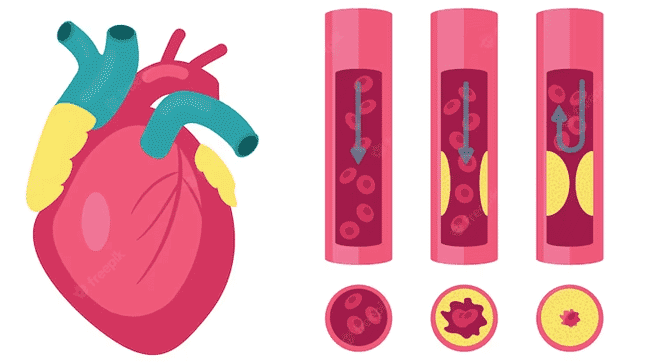Healthy Heart – Requisite for a healthy life
There is not a single person who wants anything more than a stress-free and
healthy life. With changing lifestyle in the cities, suburban as well as the rural
areas, we focus more on acquiring prosperity and accomplishing goals, and forget
to care about the most important gift beating within us right from our birth-Heart!
The health of all organs of the body that drive us to achieve our goals is taken for
granted amidst the approaching deadlines and busy schedules. Heart is one such
vital organ that maintains the overall functioning of the body by continuously pumping
and supplying blood throughout lifetime. Considering as the sign of life, it beats
continuously to keep us alive.








